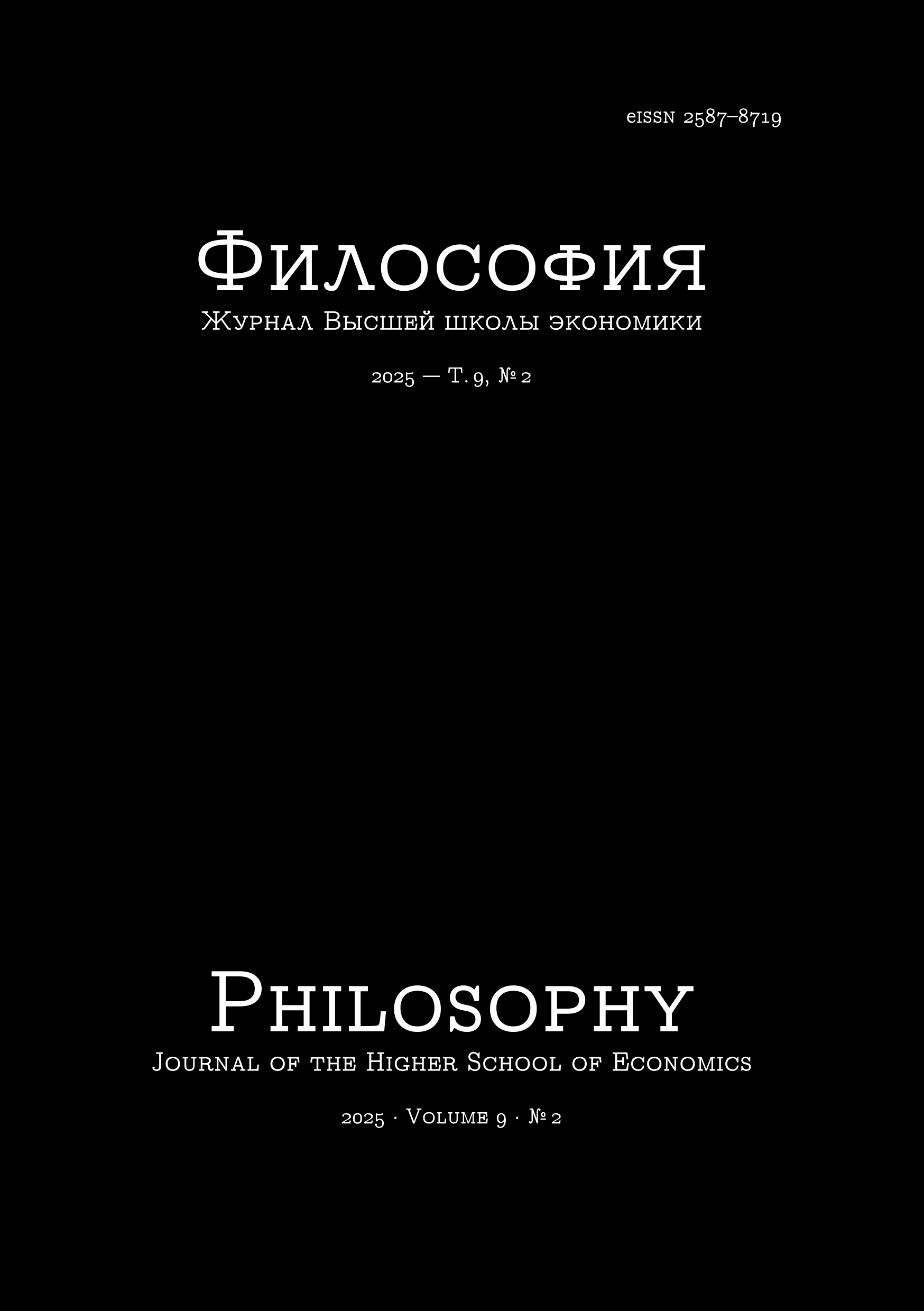Республиканская риторика и женское правление в Англии XVI века
Аннотация
Англия XVI в. засвидетельствовала повсеместное распространение и популярность заимствованных из античных (римских) текстов республиканских терминов, метафор и концептов. В данной статье анализируются английские политические памфлеты второй половины XVI в., рассматриваются используемые в них республиканские понятия и метафоры. В памфлетах, с опорой на Цицерона и Саллюстия, обосновывались их идеи о добром совете/советнике, а в более радикальных интерпретациях — теории выборной монархии и правления совета в период междуцарствия. Показано, что распространение республиканской риторики прямо связано с представлением женского правления как склонного к слабой тирании (подчинению дурным советникам). Обязанность женщин-правительниц выслушивать добрый совет должна была легитимировать их власть, но также и ограничивала ее. Советники мыслили себя соправителями, сенаторами, готовыми взять на себя управление страной в случае династического кризиса. Автор приходит к выводу, что республиканская риторика была свойственна всем конфессиональным группам и была частью универсального светского политического языка.
Скачивания
Copyright (c) 2025 Philosophy Journal of the Higher School of Economics

Это произведение доступно по лицензии Creative Commons «Attribution-NonCommercial» («Атрибуция — Некоммерческое использование») 4.0 Всемирная.






